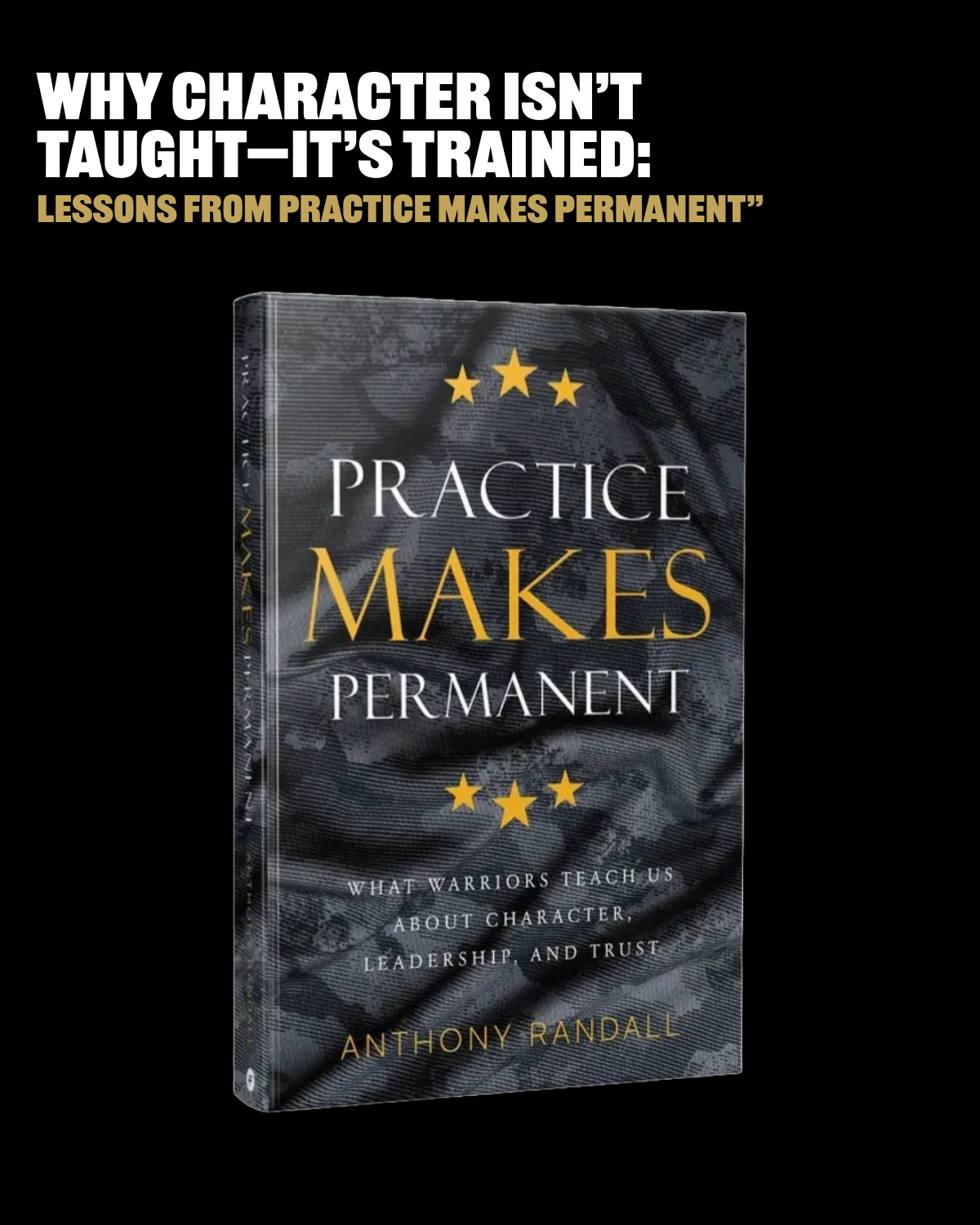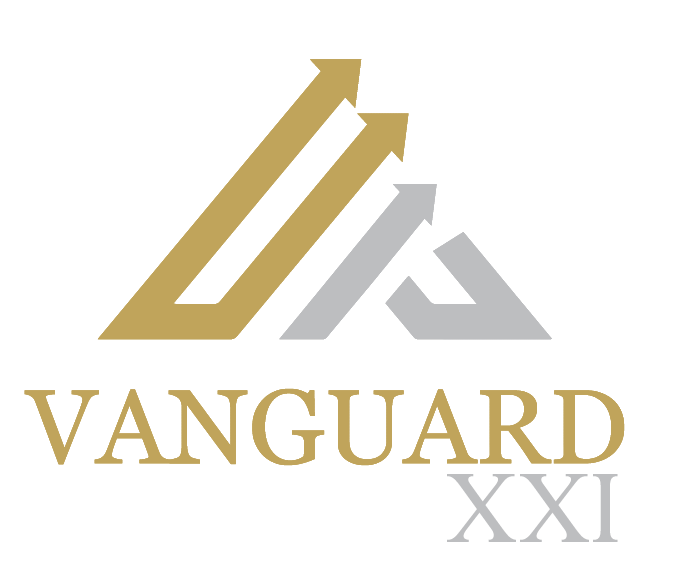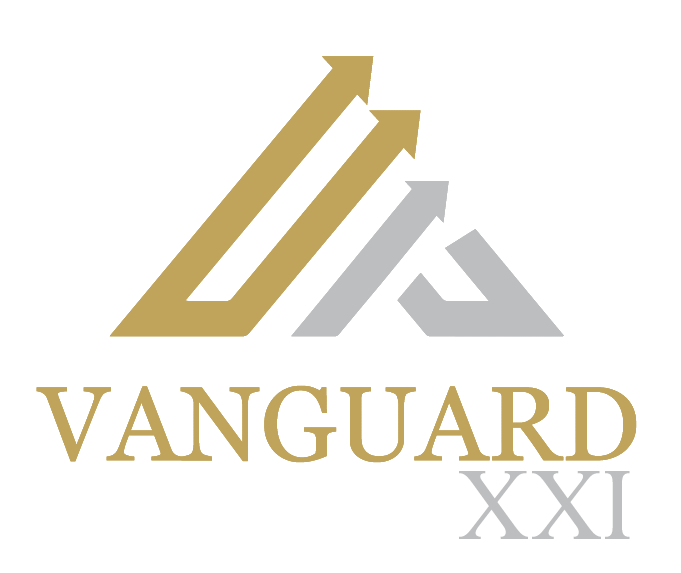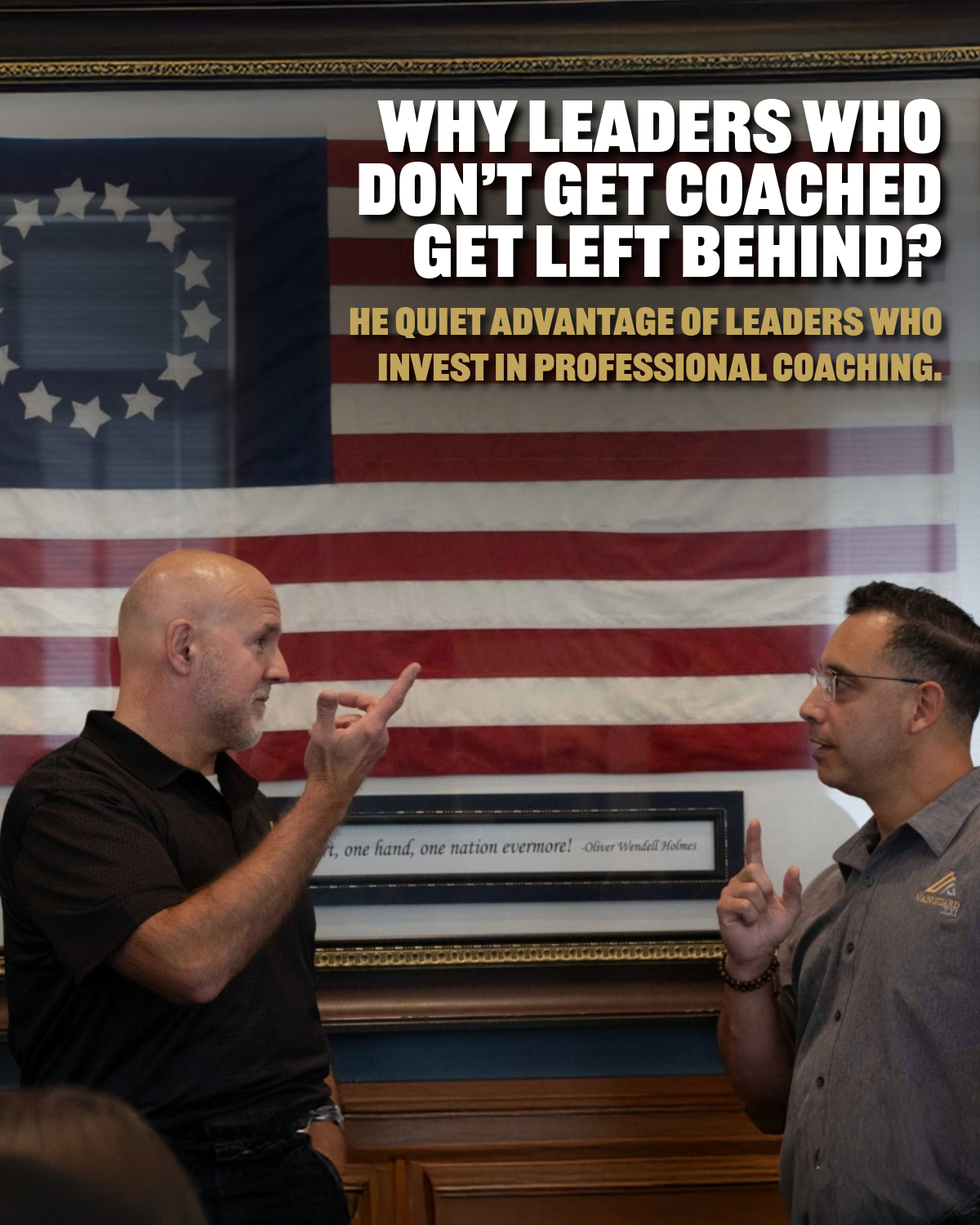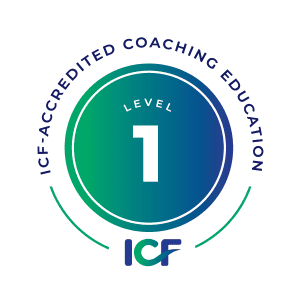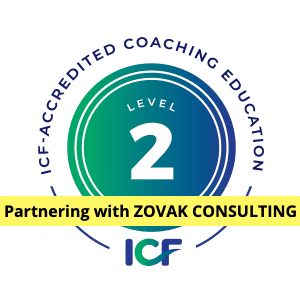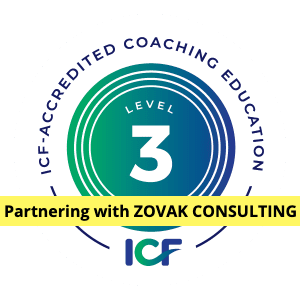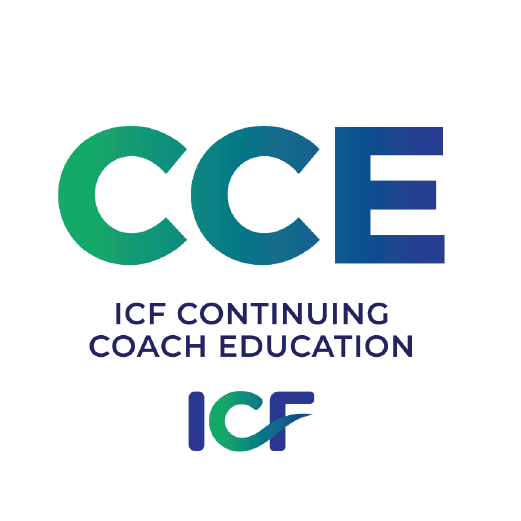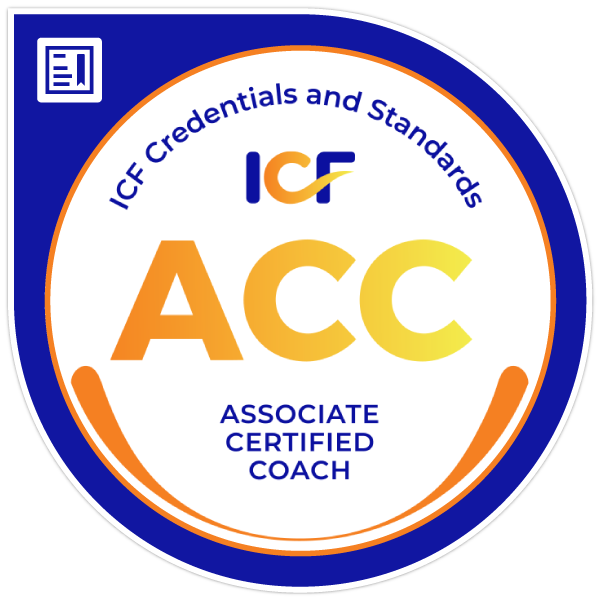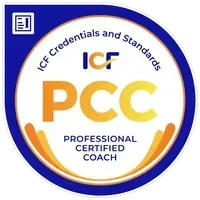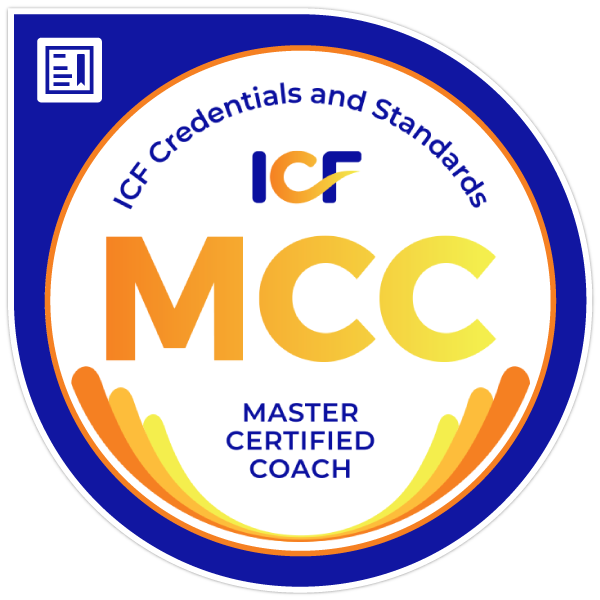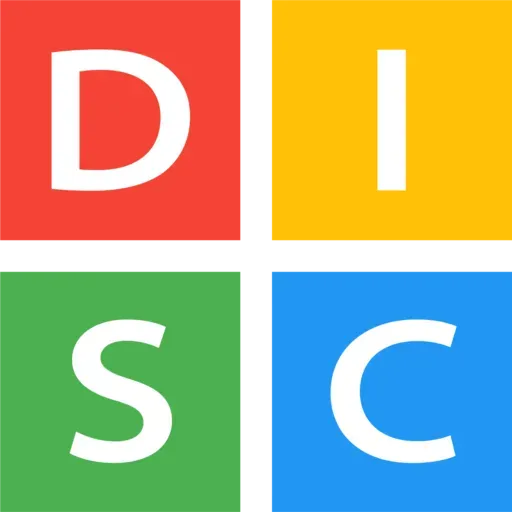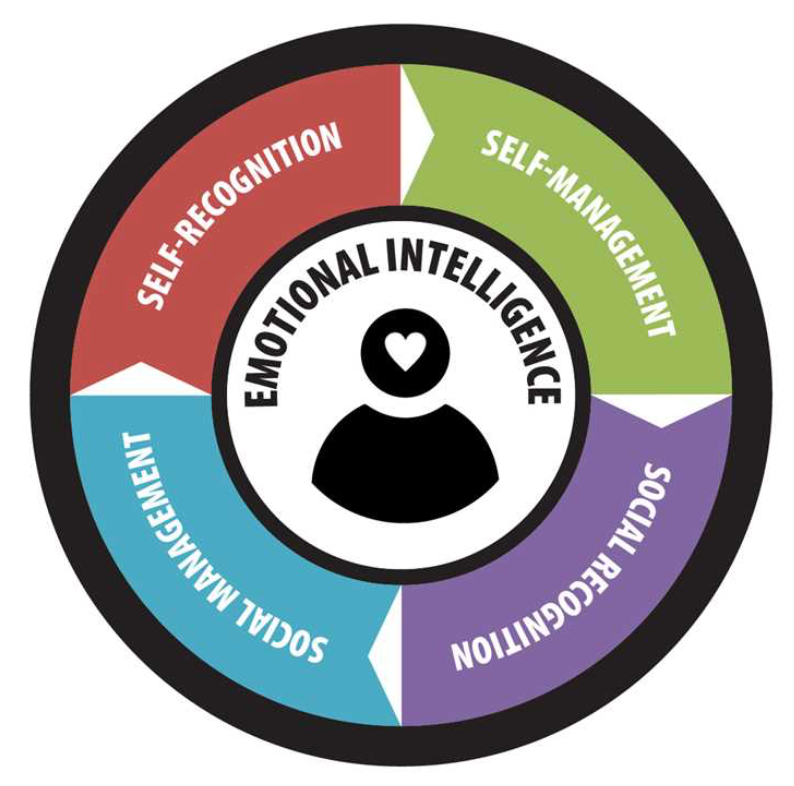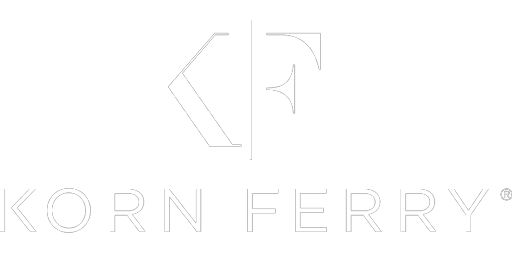Evolution of the Modern Community
Humans have huddled together since pre-historic times, pooling resources against a world full of threats. The threats evolved, over time, as did the structure of the communities people occupied. Simply put, a community is a group of people who share common interests and goals, like not getting eaten. In the early 20th century, industrialization and urbanization led to sprawling cities where professional communities developed. Later in the century, suburbanization and advances in communication moved people and businesses out of city centers and impacted established professional communities. In 2020, a global pandemic further accelerated distribution of professional communities. So where are we today, and where are we going? This article looks at the modern evolution of community and suggests key principles of community to employ today.
Early Professional Communities
The 1940s must have been an exciting time to live in Chicago. People from all over the country flocked there to take advantage of its booming economy and the opportunities Chicago offered. Chicago was becoming a major hub for steel production, food processing, printing, and other manufacturing industries. These industries produced thousands of jobs for the city’s residents to fill. All these people brought a diverse taste for music and art. Jazz and blues clubs popped up across the city, drawing talented musicians like Nat King Cole and Benny Goodman. Chicago writers like Saul Bellow and Nelson Algren gained national recognition for work inspired in the city. So what do you need when you have lots of industries employing lots of different people who enjoy lots of good art? That’s right, lots of lawyers.
Though it had been around since the 1800s, the American Bar Association (ABA) was also changing in the 1940s. With its [DM1] headquarters in Chicago, the ABA began to shift its efforts. In 1943, the ABA established a Special Committee on the Integration of the Bar and worked to eliminate racial discrimination in the profession. Also, the ABA increased involvement in public policy and advocacy, establishing a section focused on Governmental Affairs.
The core of the ABA, however, remained unchanged. Lawyers sought membership to validate credibility and status. Membership indicated that an individual accepted the organization’s established norms, expectations, and definition of professionalism. Membership also allowed for further professional development and continuing education, reinforcing individual status and value to the community. Member acceptance of norms and practices is an essential facet of any successful community.
Rise of the Internet
The Chicago of 1995 would likely be unrecognizable to a 1940s-era resident. Though manufacturing was still an important industry, increased globalization led to a rise in transportation and logistics. The city invested in technology and infrastructure, like the expansion of O’Hare international airport. Chicago was still a thriving music and arts scene. The Smashing Pumpkins, a local fixture, released “Siamese Dream” in 1993. Popular Chicago comedians like Chris Farley, Tina Fey, and Steve Carell drew crowds at Second City comedy club. With all the commotion, the city’s residents began an exodus from the sprawling city, escaping to the relative peace of the suburbs. This migration was enabled by the expansion of highways and the emergence of affordable housing. Suburban residents in Evanston, Oak Park, and Wilmette, to name a few, enjoyed green spaces, relative quiet, and a “slower” way of life. Though still a novelty, the internet had become a staple for most professionals. E-mail enabled increased effectiveness of business “branches” where employees settled into cubicle farms near their suburban homes.
The rise of the internet and the re-distribution of people to suburbs affected the nature of professional communities. The advent of online forums during this period emerged as a powerful new way for people to connect without the constraints of physical proximity. People used tools like America Online to access chat rooms and discussion forums aligned with their interests. There, they gained access to seemingly unlimited resources, conversation, and the potential for growth and development. For the first time in history, people could effectively align with a non-geographical community. Even traditional professional communities reacted. The American Bar Association began offering online legal research tools in the 90s, enabling access to legal information whenever they had a dial-up connection.
During this era, professional communities were deeply impacted by increased distribution and personal preference. To garner members in a diverse and saturated online environment, community leaders must clearly align purpose and actions. The most successful communities clearly align their day-to-day activities with an overarching vision and purpose. Further, community members must “buy in” to these values to achieve true success.
The COVID Accelerant
Like many other American cities, Chicago and its suburbs were momentarily wrecked by COVID-19. To “stop the spread,” The Chicago Department of Public Health and mayor’s office implemented numerous restrictions. Face coverings and social distancing were required, gathering sizes were limited, and non-essential businesses were closed. Restaurants and bars were relegated to carry out orders with stay-at-home advisories in effect. The restrictions were well-intentioned but left many feeling depressed, anxious, and isolated. Lonely people in Chicago and around the world turned to the Internet as a cure for their destitute communities.[DM2]
COVID-19 led many to go “all in[DM3] ” online as social media became a crucial source of support, information, and entertainment. People joined online communities hosted on existing platforms like Facebook, Slack, LinkedIn, and Twitter. Where they may have previously served as an additive resource, online communities became the only option for many people.
While a powerful tool, online communities proved to have limitations during this period of near-exclusive use. The lack of physical interaction and face-to-face communication left a hollow feeling. Often, it led to increased feelings of loneliness and isolation. Further, many people reported increased fatigue and burnout when reliant on digital communications. The digital communities which thrived in this period did so with measured engagement. As the thread of COVID abated, community leaders sought to diversify engagements, balancing virtual and “in real life” engagements. This blend allowed individuals to reap the benefits of technology, avoid burnout, and build deeper ties to a community through human contact.
Today, communities online and around the world continue to evolve and grow. As this article described, modern professional communities have followed a path of centralization, decentralization, and distribution. Many communities that succeed today adhere to a common framework. First, communities thrive when their members align with a common set of norms and shared values. Next, community leaders ensure alignment between the group’s activities and these shared norms and values, usually amplified through an effective mission and vision. Finally, effective community leaders balance the volume and method of engagement. As we progress toward an increasingly digital and interconnected world, employing these key principles of community will be increasingly important for individuals and organizations looking to create and sustain meaningful connections.
